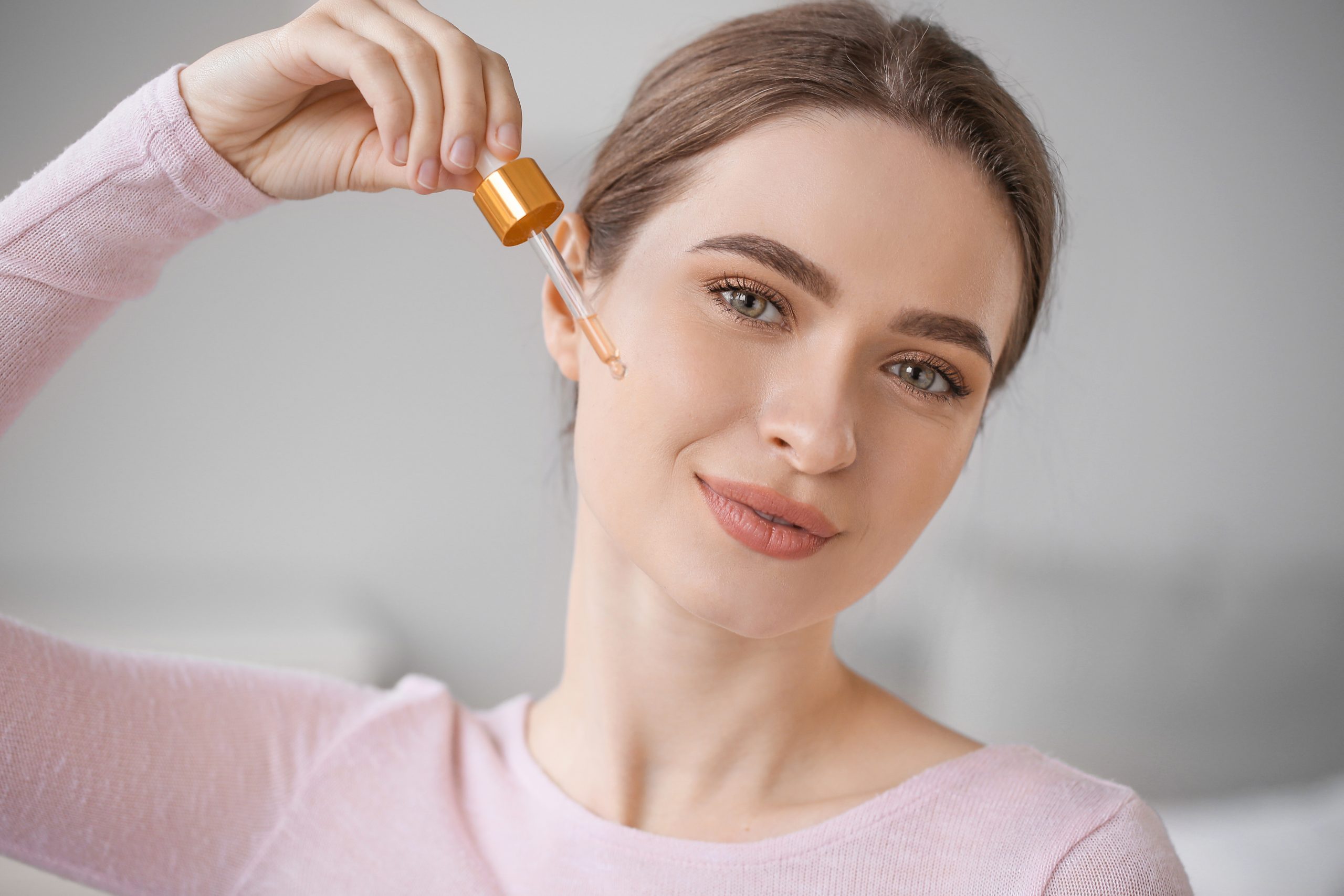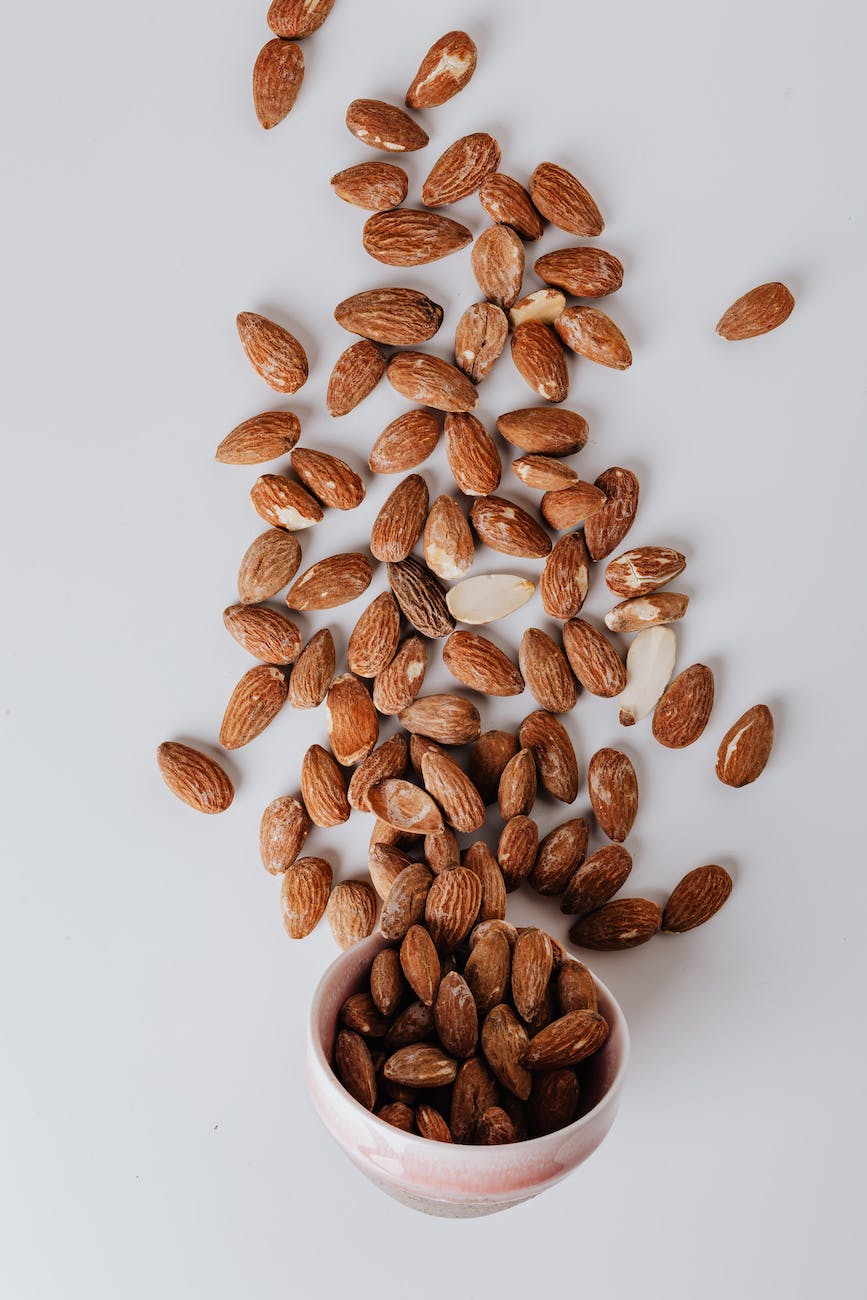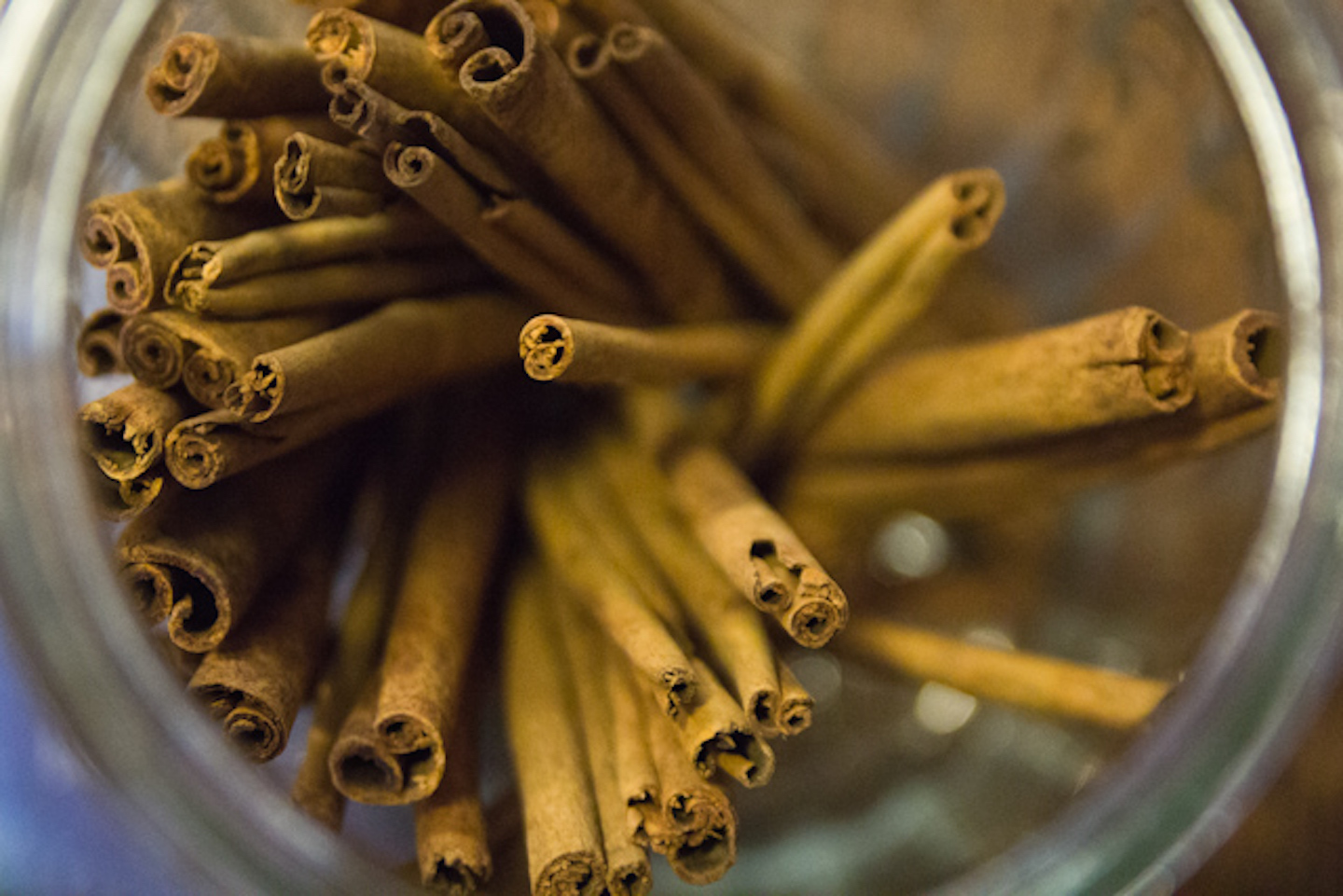
Imagine stepping into a rose garden, surrounded by the delicate fragrance of blooming petals. Now, imagine harnessing that enchantment and infusing it into your skincare routine. Welcome to the world of rose water, a timeless elixir revered for its myriad benefits for the skin. From ancient civilizations to modern skincare enthusiasts, the allure of rose water remains unbridled. In this comprehensive guide, we explore the captivating journey of rose water, how to apply it effectively on your face, and the transformative effects it can have on your skin.
How to Apply Rose Water on Your Face
Direct Application: Begin your skincare ritual by cleansing your face, ensuring a fresh canvas. Then, immerse a soft cotton pad in rose water and gently press it onto your skin. This method serves as a natural toner, delicately balancing the pH of your skin. Not only does it help to tighten your pores, but it also prepares your skin to absorb the subsequent skincare products more effectively.
Face Mist: Imagine a burst of refreshing hydration on a scorching day. Fill a spray bottle with pure rose water and mist it over your face whenever you need a revitalizing boost. This practice is particularly beneficial during warmer months or post-workout, as the fine mist instantly cools your skin and offers a soothing embrace.
Blended with Other Ingredients: The magic of rose water amplifies when harmonized with other natural ingredients. For instance, the fusion of rose water and cloves creates a potent anti-acne treatment. The antibacterial properties of cloves combat acne-causing bacteria, while rose water’s anti-inflammatory attributes soothe skin irritations and reduce redness.
The Transformative Effects of Rose Water on the Face
Soothes Skin: Among its many virtues, rose water reigns supreme in its ability to soothe irritated skin. The natural anti-inflammatory properties of rose water provide respite to conditions like rosacea and eczema. The moment it touches your skin, it triggers a gentle calmness that pacifies redness and discomfort.
Hydrates: Rose water unveils its remarkable prowess as a natural humectant, drawing moisture from the environment and infusing it into your skin. This ensures your skin remains supple and hydrated, creating a radiant canvas that exudes vitality.
Anti-Aging Elixir: The antioxidants inherent in rose water unleash a battalion against free radicals that threaten the youthful allure of your skin. By fortifying skin cells and regenerating tissue, rose water becomes a shield against premature aging, unveiling a complexion that defies time.
Aids in Healing: Nature’s remedy for a variety of skin woes, rose water expedites the healing process. Whether you’re grappling with sunburn aftermath or bidding farewell to acne scars, rose water accelerates skin recovery. Its gentle touch minimizes redness, fast-tracking the fading of scars.
Advantages of Using Rose Water on Your Face
Natural and Safe: Rose water’s appeal is magnified by its natural composition, devoid of harmful chemicals. The absence of additives renders it suitable for all skin types, even the most sensitive ones. This purity ensures that you bestow your skin with the goodness of nature.
Mood Elevator: Picture the sensation of inhaling the fragrance of fresh roses. Rose water’s delicate aroma doubles as a mood enhancer, evoking tranquility and alleviating stress. As it envelopes your senses, it becomes a holistic experience that nurtures both skin and spirit.
Maintains pH Balance: Your skin operates at its best when its pH balance is harmonious. Rose water steps in as a pH balancer, curbing the emergence of skin woes. By ensuring an optimal pH level, it equips your skin to fend off infections and external irritants.
Rose Water in Your Skincare Routine
Morning Freshness: Infuse the dawn with a touch of rose magic. Begin your day by applying rose water onto your cleansed face. The awakening sensation imparts a fresh start, and its hydrating embrace prepares your skin to face the challenges ahead.
Makeup Enhancer: Rose water isn’t merely confined to skincare; it has the power to elevate your makeup game. After applying makeup, let rose water take the reins. A gentle spritz sets your makeup, instilling a dewy radiance that transforms your look from ordinary to ethereal.
Nighttime Ritual: As the day winds down, your skin deserves a nurturing embrace. Cleansing your face and applying rose water sets the stage for rejuvenation. The nourishing properties of rose water provide your skin with essential hydration, enabling it to repair and rejuvenate as you rest.
Before and After Using Rose Water
The journey with rose water is a gradual transformation, one that unfolds over time. With consistent use, you’ll witness a series of remarkable changes:
Reduced Redness and Inflammation: The anti-inflammatory nature of rose water comes to the forefront, soothing redness and irritation. Calmness gradually replaces irritation, restoring your skin’s natural equilibrium.
Enhanced Hydration and Natural Glow: Rose water’s humectant properties bestow your skin with a profound hydration boost, leading to a radiant and healthy glow. The newfound moisture contributes to a youthful visage that emanates vitality.
Diminished Acne Scars and Blemishes: The healing touch of rose water works wonders on blemishes and acne scars. Over time, you’ll notice these imperfections fade, revealing a smoother and more even-toned complexion.
How to Use Rose Water on Your Face & Skin
Rose water, with its delicate aroma and enchanting properties, can be a remarkable addition to your skincare routine. Discover the art of applying rose water effectively to unlock its soothing and rejuvenating benefits for your skin.
Step 1: Begin with a Clean Canvas
Before embarking on your rose water ritual, ensure your face is thoroughly cleansed. Gently wash away impurities, dirt, and makeup using a mild cleanser suitable for your skin type. Once your face is fresh and clean, pat it dry with a soft, clean towel.
Step 2: Source Pure Rose Water
Quality matters when it comes to rose water. Whether you choose to purchase a trusted brand or create your own by distilling rose petals, make sure the rose water is pure and free from additives or artificial fragrances. This ensures you’re harnessing the true essence of roses for your skincare routine.
Step 3: Soak the Cotton Pad
Take a soft cotton pad and immerse it in the rose water. Gently squeeze out any excess liquid, ensuring the pad is damp but not dripping. This prepares the cotton pad to effectively deliver the benefits of rose water to your skin.
Step 4: Begin the Application
With the damp cotton pad in hand, start the application process. Gently press the pad onto your skin, beginning from the center of your face and moving outwards. Utilize soft upward motions as you apply the rose water, focusing on areas that could use extra hydration and care, such as your cheeks and forehead.
Step 5: Target Specific Concerns
Rose water’s natural anti-inflammatory properties make it an excellent ally in addressing specific skin concerns. If you have areas prone to redness or irritation, lightly pat the damp cotton pad on those spots. Allow the rose water’s calming effects to soothe and pacify any discomfort.
Step 6: Let the Magic Unfold
As you apply the rose water, take a moment to relish the experience. Allow the rose water to fully absorb into your skin, which may take a minute or two. During this time, your skin drinks in the gentle hydration and soothing embrace of rose water.
Step 7: Continue with Your Routine
Once the rose water is absorbed, seamlessly transition into your regular skincare routine. Apply your preferred serum, moisturizer, and sunscreen as you would on any other day. The rose water serves as a nurturing foundation, enhancing the benefits of your subsequent skincare products.
Step 8: Embrace Versatility
The beauty of rose water lies in its versatility. You can integrate it into both your morning and evening skincare rituals or use it as needed throughout the day. Whether you’re preparing to conquer the day or indulging in a relaxing evening, rose water is your dependable companion for revitalizing and rejuvenating your skin.
Frequently Asked Questions About Using Rose Water for Skin
Q1: Can rose water be used on all skin types? Rose water is generally suitable for all skin types, but it’s important to patch-test if you have sensitive skin. Individuals with allergies to roses should avoid using rose water.
Q2: How often can I apply rose water on my face? You can use rose water daily as part of your skincare routine. It’s gentle and safe for regular use.
Q3: Can rose water help with acne? Rose water’s anti-inflammatory and antibacterial properties may aid in soothing acne-prone skin. However, for severe acne concerns, consult a dermatologist.
Q4: Is it necessary to rinse off rose water after application? No, you don’t need to rinse off rose water. Allow it to absorb into your skin for maximum benefits.
Q5: Can rose water replace my toner? Yes, rose water can be used as a natural toner to balance the skin’s pH and prepare it for subsequent skincare steps.
Q6: Will rose water make my skin oily? Rose water is lightweight and hydrating, making it unlikely to cause excessive oiliness. However, individual responses may vary.
Q7: Can I use rose water around my eyes? Yes, rose water is gentle enough for the delicate skin around the eyes. It may help reduce puffiness and refresh tired eyes.
Q8: Can I mix rose water with other skincare products? Yes, you can mix rose water with serums, moisturizers, and masks to enhance their benefits. Always perform a patch test when trying new combinations.
Q9: Can rose water replace my moisturizer? While rose water provides hydration, it’s not a replacement for a moisturizer. Consider using both for optimal skincare.
Q10: Can rose water help with wrinkles? Rose water’s antioxidants may help combat free radicals and promote a youthful appearance. However, it’s not a substitute for specialized anti-aging products.
Q11: Can rose water be used as a setting spray for makeup? Yes, rose water can be used as a natural setting spray to set makeup and provide a dewy finish.
Q12: Can men use rose water in their skincare routine? Absolutely, rose water’s benefits are not limited by gender. Men can incorporate it into their skincare regimen as well.
Q13: How long does it take to see results from using rose water? Results vary depending on individual skin conditions and consistency. Some users notice immediate freshness, while long-term benefits may take weeks.
Q14: Can rose water help reduce redness and irritation? Yes, rose water’s anti-inflammatory properties make it a soothing choice for calming redness and irritation.
Q15: Can I make my own rose water at home? Yes, you can create homemade rose water by steeping fresh rose petals in distilled water. Ensure proper hygiene and storage to prevent contamination.
Conclusion
The legacy of rose water is woven into the tapestry of beauty rituals across centuries. It’s not merely a skincare product; it’s an enchanting experience that transcends time. By incorporating rose water into your routine, you’re inviting nature’s splendor to nurture your skin. The petals that once graced royal gardens are now a transformative elixir, a testament to the enduring magic of rose water.
Blog Tags: rose water, skincare, natural beauty, face care, hydration, anti-aging, pH balance, skincare routine, natural toner, rose petals.











